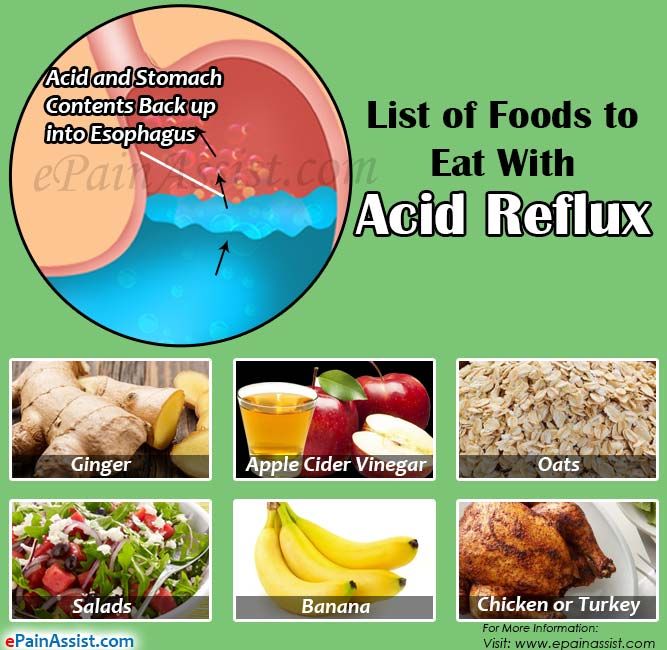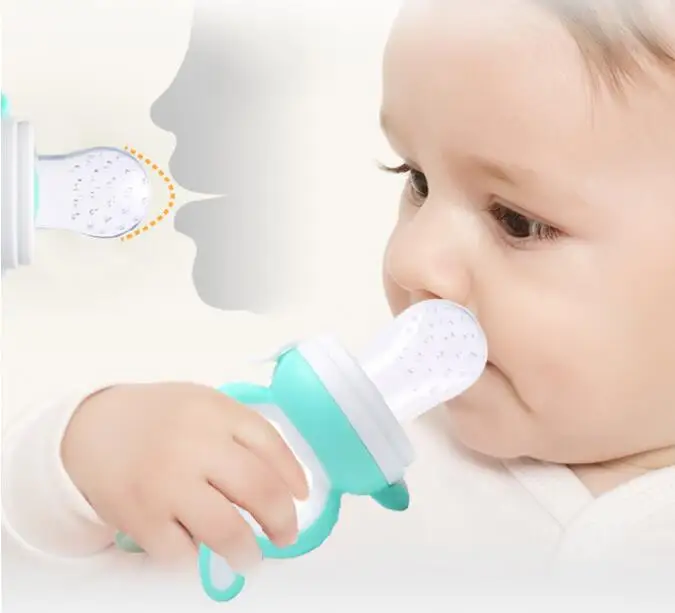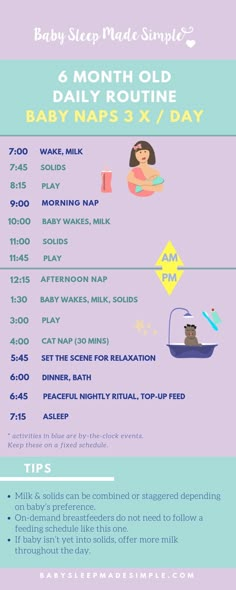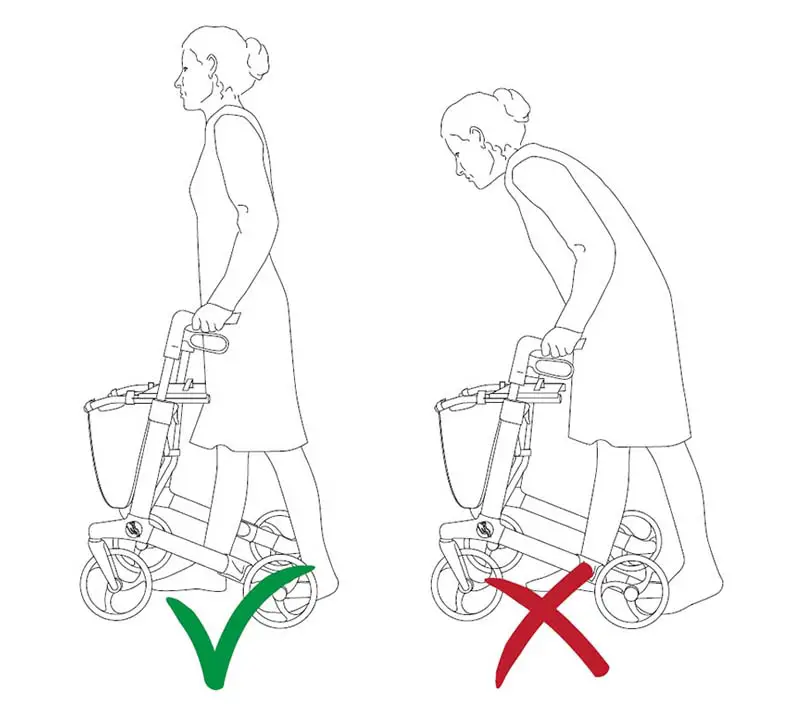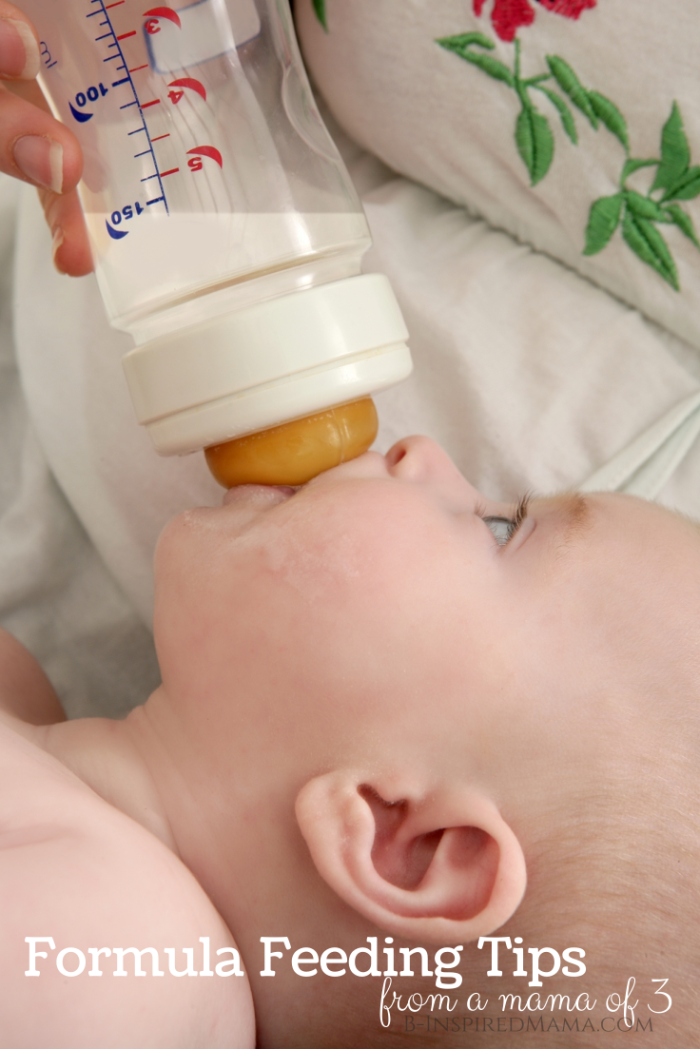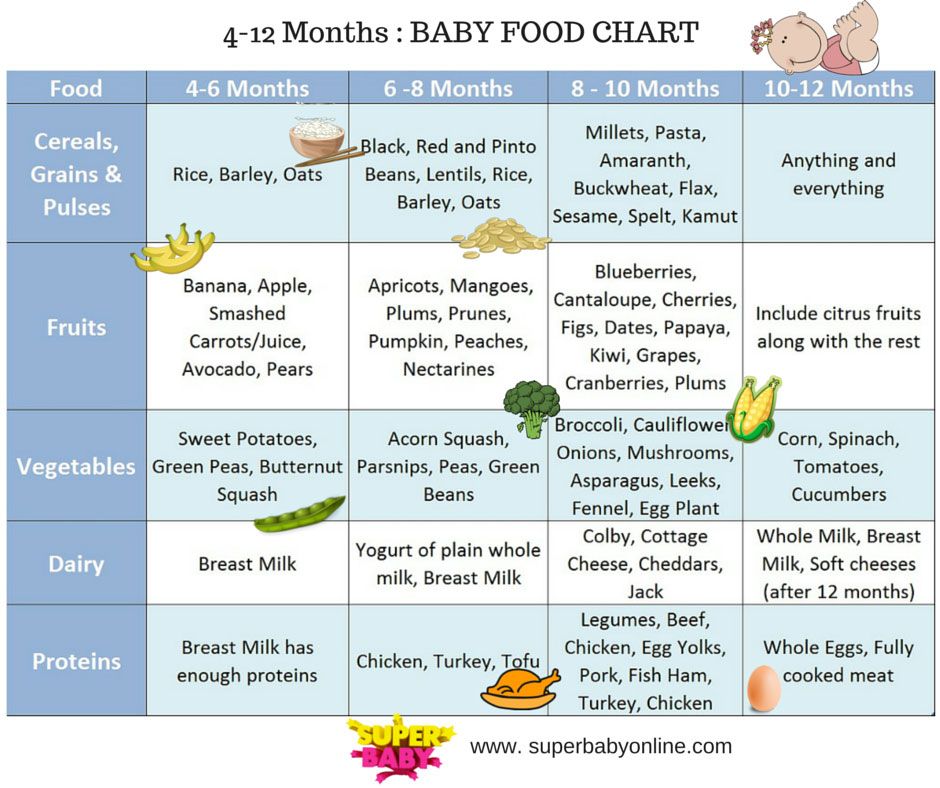Foods that cause reflux in breastfed babies
Acid Reflux in Infants: Causes
Immature lower esophageal sphincter
The lower esophageal sphincter (LES) is a ring of muscle at the bottom of baby’s esophagus that opens to allow food into the stomach and closes to keep it there.
This muscle may not be fully matured in your baby, especially if they’re premature. When the LES opens, the contents of the stomach can flow back into the esophagus, causing baby to spit up or vomit. As you can imagine, it can cause discomfort.
This is very common and does not usually cause other symptoms. However, constant regurgitation from acid reflux can sometimes cause damage to the esophageal lining. This is much less common.
If spitting up is accompanied by other symptoms, it may then be called gastroesophageal reflux disease, or GERD.
Short or narrow esophagus
Refluxed stomach contents have a shorter distance to travel if the esophagus is shorter than normal. And if the esophagus is narrower than normal, the lining might more easily become irritated.
Diet
Changing the foods baby eats may help reduce the chances of acid reflux. And if you breastfeed, making changes to your diet might help your baby.
Some studies have shown that reducing intake of milk and eggs may help, though more research is needed to determine how much this affects the condition.
Certain foods may be causing acid reflux, depending on your infant’s age. For example, citrus fruits and tomato products increase acid production in the stomach.
Foods like chocolate, peppermint, and high fat foods can keep the LES open longer, causing the contents of the stomach to reflux.
Gastroparesis (delayed emptying of the stomach)
Gastroparesis is a disorder that causes the stomach to take longer to empty.
The stomach normally contracts to move food down into the small intestine for digestion. However, stomach muscles don’t work properly if there is damage to the vagus nerve because this nerve controls the movement of food from the stomach through the digestive tract.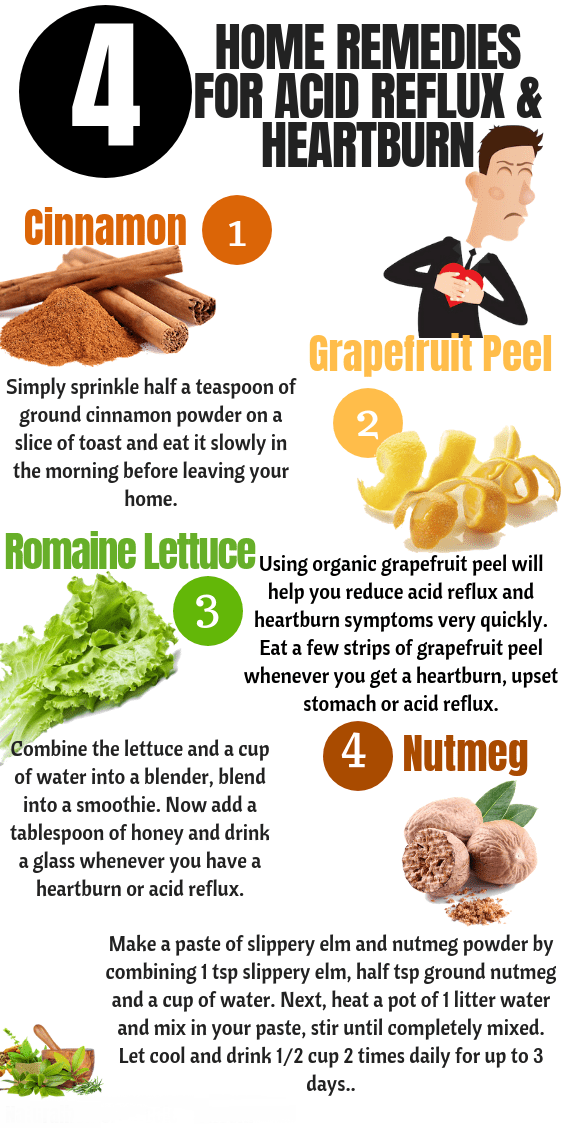
In gastroparesis, the stomach contents remain in the stomach longer than they’re supposed to, encouraging reflux. It’s rare in healthy infants.
Hiatal hernia
A hiatal hernia is a condition in which part of the stomach sticks through an opening in the diaphragm. A small hiatal hernia doesn’t cause problems, but a larger one can cause acid reflux and heartburn.
Hiatal hernias are very common, especially in people over the age of 50, but they are rare in infants. However, the causes are unknown.
A hiatal hernia in children is usually congenital (present at birth) and may cause gastric acid to reflux from the stomach into the esophagus.
Position while feeding
Positioning — especially during and after feeding — is a frequently overlooked cause of acid reflux in infants.
A horizontal position makes it easier for the stomach contents to reflux into the esophagus. Simply keeping baby in an upright position while you’re feeding them and for 20 to 30 minutes afterward may reduce acid reflux.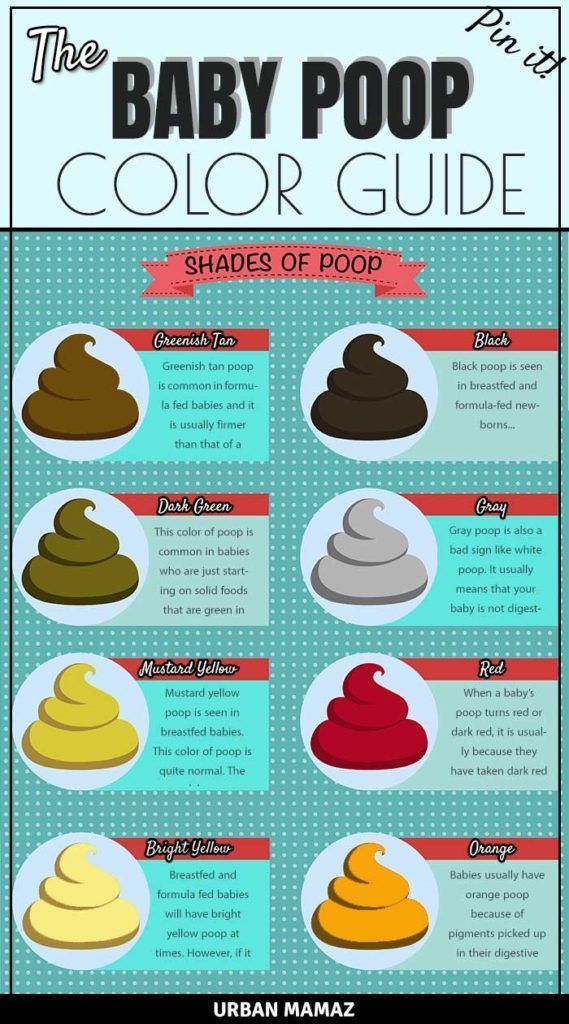
Sleep positioners and wedges, however, are not recommended while feeding or sleeping. These padded risers are intended to keep your baby’s head and body in one position, but are not recommended by the Food and Drug Administration due to the risk of sudden infant death syndrome (SIDS)
Angle of His
The angle at which the base of the esophagus joins the stomach is known as the “angle of His.” Differences in this angle may contribute to acid reflux.
This angle most likely affects the ability of the LES to keep the contents of the stomach from refluxing. If the angle is too sharp or too steep, it may make it difficult to keep the stomach contents down.
Overfeeding
Feeding your little one too much at once can cause acid reflux. Feeding your infant too frequently can also cause acid reflux. It’s more common for bottle-fed babies to overfeed than breastfed infants.
An oversupply of food can put too much pressure on the LES, which will cause your infant to spit up.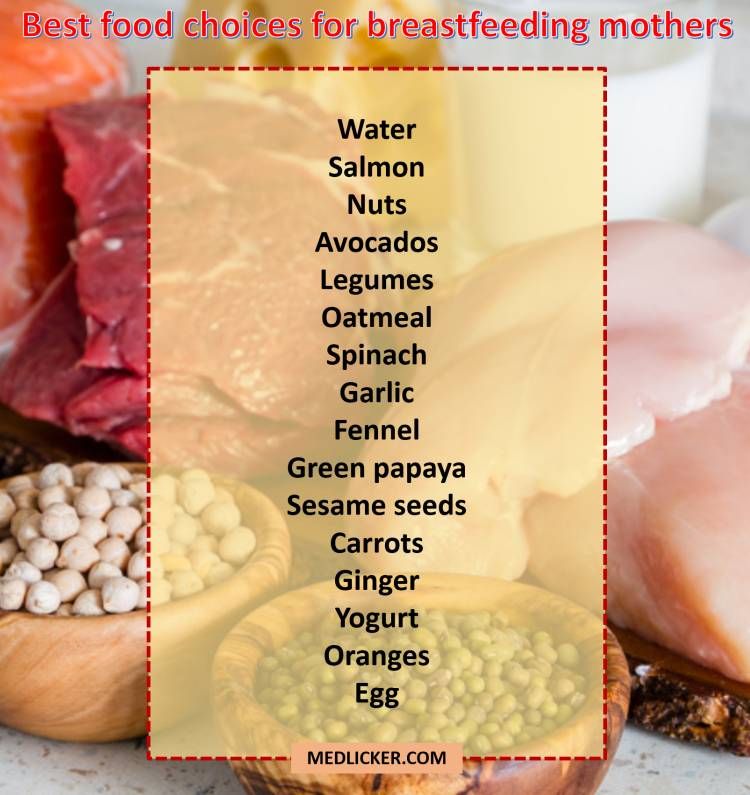 That unnecessary pressure is taken off the LES and reflux decreases when you feed baby less food more often.
That unnecessary pressure is taken off the LES and reflux decreases when you feed baby less food more often.
However, if your baby spits up often, but is otherwise happy and growing well, you may not need to change your feeding routine at all. Talk with your doctor if you have concerns that you are overfeeding your baby.
Your infant will usually grow out of acid reflux. However, call your child’s doctor immediately if you notice that your child:
- isn’t gaining weight
- has feeding difficulties
- is projectile vomiting
- has blood in their stool
- has pain signs such as arching of the back
- has unusual irritability
- has trouble sleeping
While it isn’t easy to determine the exact cause of acid reflux in infants, lifestyle and diet changes may help eliminate some of the factors.
If the acid reflux doesn’t go away with these changes and your baby has other symptoms, a doctor may want to perform tests to rule out a gastrointestinal disorder or other problems with the esophagus.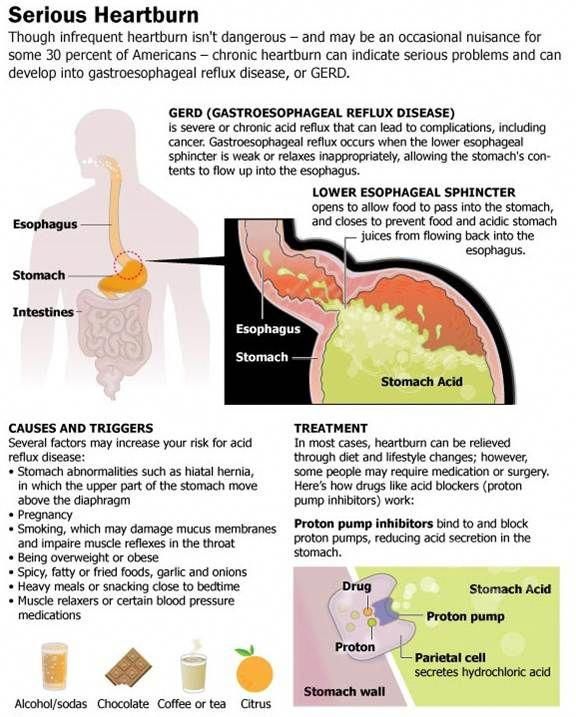
A Guide to Foods to Avoid for Acid Reflux While Breastfeeding
"The content below is not intended to be a substitute for professional medical advice, diagnosis, or treatment. Always seek the advice of your physician or other qualified health provider with any questions you may have regarding a medical condition."
Your baby is dealing with acid reflux after breastfeeding and will not stop crying.
Don’t worry, you can help avoid acid reflux episodes like these in the future.
The main way to prevent acid reflux while breastfeeding is to avoid consuming foods that can cause acid reflux.
But what foods cause acid reflux in babies?
In this guide, we will break down all the foods to avoid for acid reflux while breastfeeding and show you how your nutrition can not only prevent acid reflux attacks but benefit your baby’s health even more.
Table of Contents
- How Can a Mother’s Diet Affect a Breastfed Baby?
- What Are Common Signs of Acid Reflux in Breastfed Babies?
- 7 Foods to Avoid When Breastfeeding a Baby With Reflux
- How Can I Soothe Acid Reflux in a Breastfed Baby? 2 Methods to Consider
- Start Treating Your Baby’s Acid Reflux With Holistic Nutrition Today
How Can a Mother’s Diet Affect a Breastfed Baby?
The female body does some miraculous things, and breastfeeding is no exception.
A mother’s diet is directly related to the diet of their breastfeeding baby, as what you eat can impact the nutrition, composition, and even taste of your breast milk.
You may be wondering, how long does it take for ingested foods to influence your breast milk?
The answer? It varies depending on the type of food you ingest.
Let’s take a look at some examples of time it takes for certain foods to influence your breast milk:
- Coffee: 15-60 minutes
- Garlic: 2 hours
- Carrots: 2-3 hours
- Mint 4-6 hours
Some foods that influence your breast milk can affect your baby in different ways. For example, it’s possible for your child to have a food allergy in response to something you ate.
One of the most common reactions linked to a mother’s diet and breastfeeding is acid reflux .
What Are Common Signs of Acid Reflux in Breastfed Babies?
You probably already know that it’s common and normal for infants to spit up after a meal.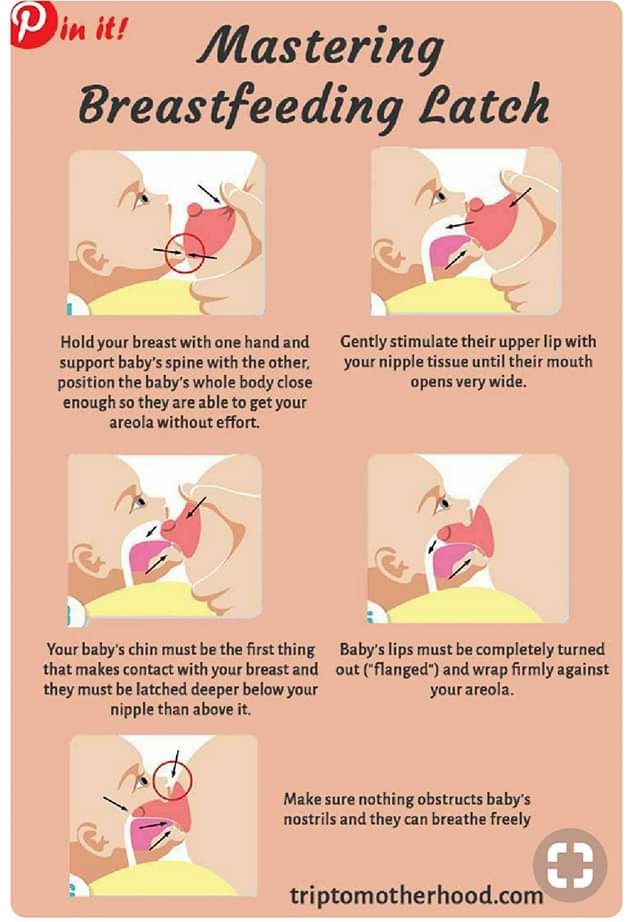 You’ve cleaned it up dozens of times, likely.
You’ve cleaned it up dozens of times, likely.
This little phenomenon is known as gastroesophageal reflux (GER).
However, frequent vomiting, irritation, and a slew of other symptoms can hint to a more serious problem, known as gastroesophageal reflux disease (GERD), commonly known as acid reflux.
Common acid reflux symptoms to look out for include:
- Frequent vomiting and regurgitation
- Persistent coughing or wheezing
- Difficulty eating
- Irritability associated with feeding or following feedings
- Gassiness
7 Foods to Avoid When Breastfeeding a Baby With Reflux
It can seem overwhelming trying to figure out which foods to avoid when breastfeeding a baby with reflux, especially when you have an already fussy baby.
Below, we will discuss what foods cause reflux in breastfed babies. A good rule of thumb is that if certain foods cause acid reflux for you, they could also cause acid reflux for your baby.
#1: Fruit and Fruit Juice
Fruit and fruit juices with high acidity can trigger acid reflux in infants, causing discomfort.
Some acidic fruit and fruit juices you’ll want to avoid consuming are:
- Apples
- Oranges
- Lemons
- Other citrus fruits
#2: Tomatoes and Tomato Sauce
You may be surprised to hear that tomatoes and tomato-based sauces are included in this list of foods to avoid for acid reflux while breastfeeding.
While tomatoes can be an excellent source of vitamin C, which is an essential nutrient for healthy breastfeeding, they are also very acidic— which can lead to a very gassy, uncomfortable, and irritable baby.
#3: Spicy Foods
Have you ever eaten a spicy meal only to get a dose of heartburn afterward? The same can happen to your baby when you breastfeed after eating spicy food.
Spicy foods can irritate the lining of the stomach, which can trigger acid reflux.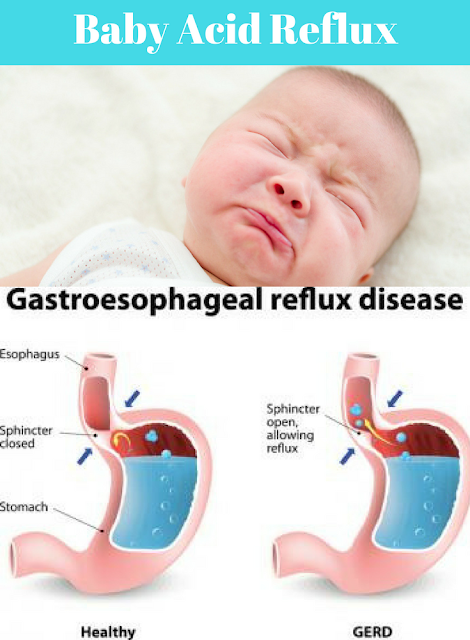
#4: Caffeine
While your daily cup of coffee isn’t enough to cause problems for your infant, experts advise breastfeeding mothers to not consume more than 750mL of caffeine per day (the equivalent of 5 cups of coffee).
If your infant takes in too much caffeine from your breast milk, they can experience acid reflux as well as other caffeine stimulation symptoms, such as irritability.
#5: Foods High in Fat
It is best to only consume foods with high fat content in moderation while breastfeeding.
Breastfeeding your baby after consuming foods high in fat can cause the lower esophageal sphincter (LES) to stay open longer, which causes the contents of the stomach to reflux.
#6: Seafood with High Mercury Levels
While seafood can be a great source of protein and omega-3 fatty acids that are wonderful building blocks for proper nutrition, some seafood can do more harm than good.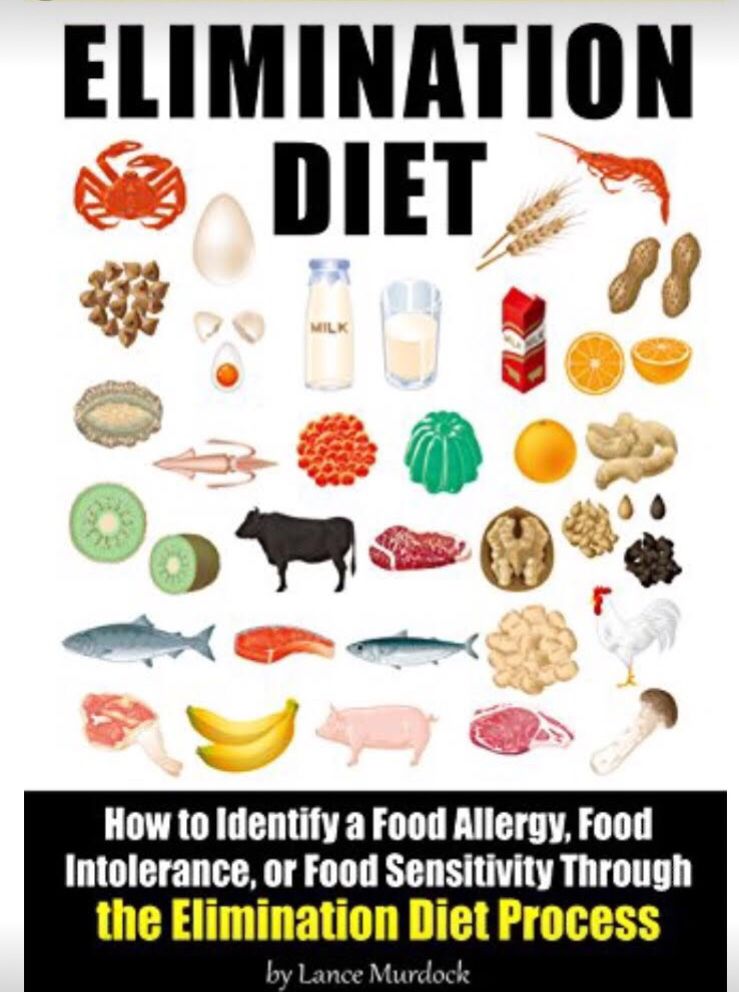
Avoid consuming seafood that is high in mercury. The mercury from these foods can find its way into your breast milk supply. Excessive amounts of mercury in breast milk can have adverse effects on your baby’s developing nervous system.
Some kinds of seafood that are high in mercury include:
- Swordfish
- King mackerel
- Tilefish
#7: Alcohol
No level of alcohol in breastmilk is considered safe for your child to consume.
However, this doesn’t mean that you can’t enjoy a glass of wine every once in a while.
When it comes to breastfeeding and consuming alcohol, you have two options to ensure your child’s safety:
- Pump before consuming alcohol. If you plan on enjoying an alcoholic beverage, you can pump breast milk before drinking alcohol so you have a clean supply to feed your baby later.
- Wait it out. If you drink alcohol, wait for it to completely clear your breast milk before breastfeeding.
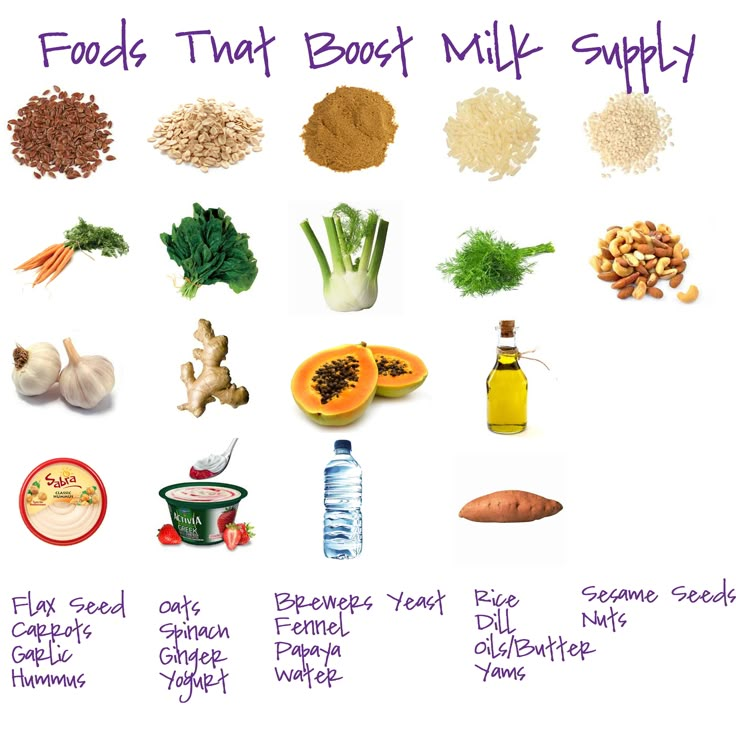 Depending on your body weight, you’ll want to wait at least 2-3 hours after consuming:
Depending on your body weight, you’ll want to wait at least 2-3 hours after consuming: - 12 oz. of 5% beer
- 5 oz. of 11% wine
- 1.5 oz. of 40% liquor
How Can I Soothe Acid Reflux in a Breastfed Baby? 2 Methods to Consider
Neither your heart nor sanity can put up with your baby crying in discomfort for hours due to acid reflux, but it can be difficult to know exactly how to help soothe acid reflux in a breastfed baby or avoid it altogether for that matter.
After all, motherhood doesn’t come with an instruction manual.
There are two ways you can handle acid reflux in babies:
- Treat the symptoms of acid reflux to soothe your baby’s discomfort.
- Treat the root of the cause and avoid acid reflux altogether
#1: Help Baby’s Physical Discomfort
There are a number of ways that you can decrease your baby’s discomfort caused by acid reflux.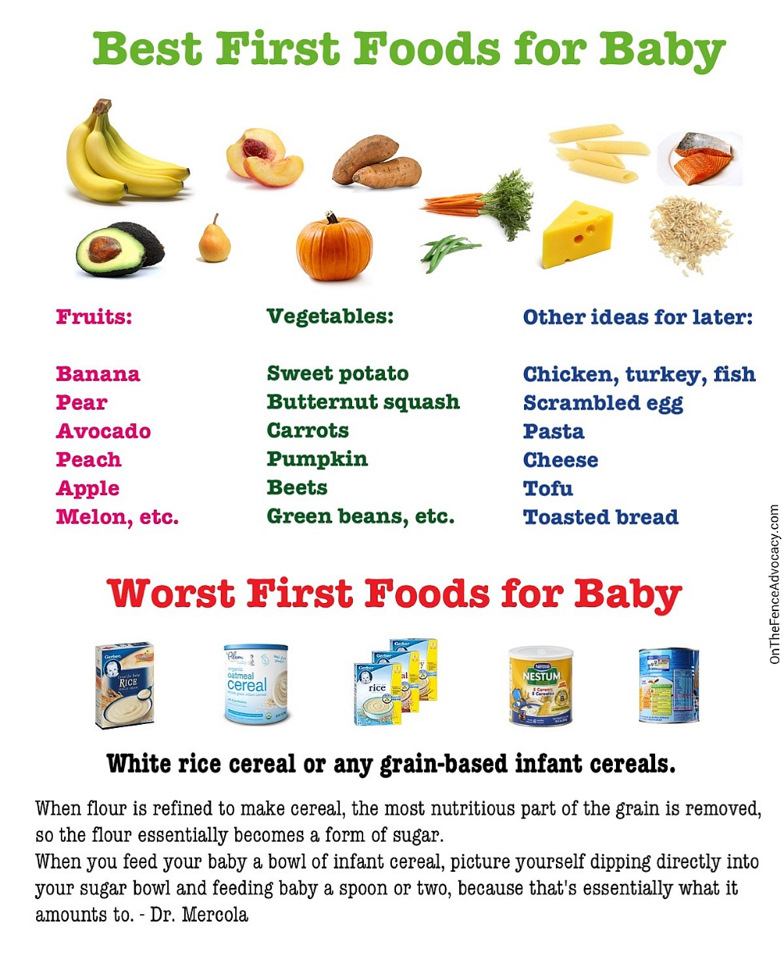
If your baby is dealing with acid reflux, you can try to treat their symptoms by:
- Doing smaller, more frequent feeds
- Feeding your baby upright
- Thickening breast milk
- Burping your baby more frequently
Try Smaller, More Frequent Feedings
When your baby’s stomach is too full, they are at greater risk of having acid reflux after feedings.
Feeding your baby more frequently in small amounts can help avoid irritating acid reflux symptoms.
This is because a less-full stomach decreases the amount of pressure put on the lower esophageal sphincter, which is a muscle that prevents food from going back into the esophagus from the stomach.
The lower esophageal sphincter takes about a year to strengthen, which is why babies spit up often.
Feed Your Baby Upright
Feeding your baby in an upright position can help reduce the risk of acid reflux in babies.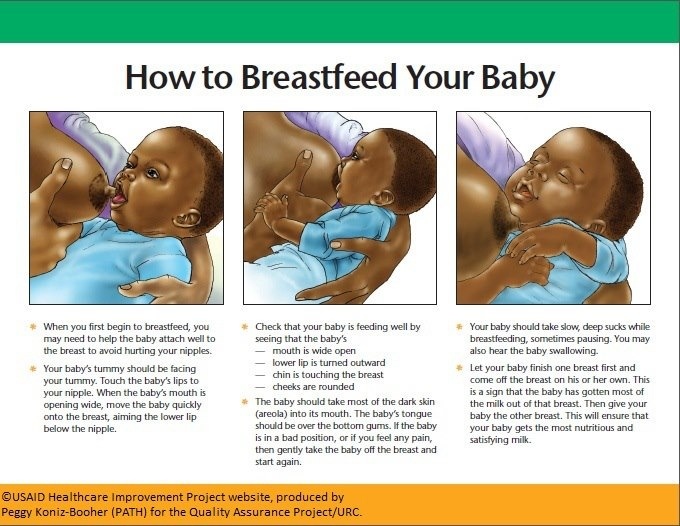
Additionally, keeping your baby upright for at least 30 minutes after feeding is also believed to have the same acid reflux prevention effect.
Thicken Breast Milk
With your doctor’s approval, you can thicken your breast milk by adding a small amount of infant rice cereal. Thickening the breast milk can help lessen spit-ups and acid reflux symptoms.
Thickening your breast milk may help reduce the risk of your baby’s stomach contents sloshing up into the esophagus. Always consult your doctor before trying this alternative.
Burp Your Baby More Frequently
It’s important to burp your baby often—both during and after feedings.
Frequently burping your baby can help reduce acid reflux symptoms. Anytime your baby pulls off the nipple during breastfeeding, be sure to give them a little burp.
#2: Acid Reflux in Babies: Mother’s Diet Can Help with Holistic Nutrition
Now that we have discussed how to treat acid reflux symptoms , let’s talk about a better option— preventing acid reflux episodes before they happen.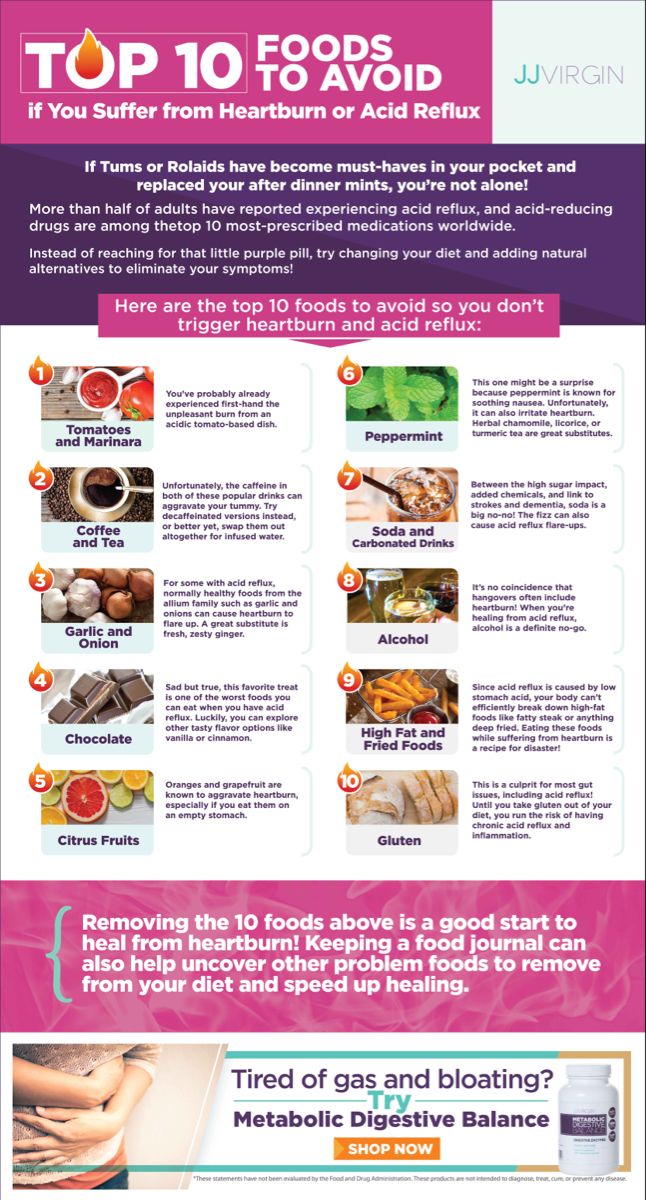
Holistic nutrition is an excellent tool to help avoid acid reflux in infants caused by breastfeeding.
You may be wondering, “what is holistic nutrition and how is it related to foods to avoid for acid reflux while breastfeeding?”.
Holistic nutrition is based on the idea that your nutrition is related to all aspects of your health.
Holistic nutrition is a lifestyle that involves eating healthy foods that are:
- Whole
- Un-refined
- Un-processed
- Organic
- Locally grown
Let’s talk about how holistic nutrition benefits both the breastfeeding mother and child.
How Does Holistic Nutrition Benefit the Breastfeeding Mother and Baby?
Holistic nutrition focuses on providing your body with nutrient-dense foods that will only have a positive impact on your health.
If your diet is not having a positive impact on your health, chances are that it is not positively impacting the health of your breastfed baby either.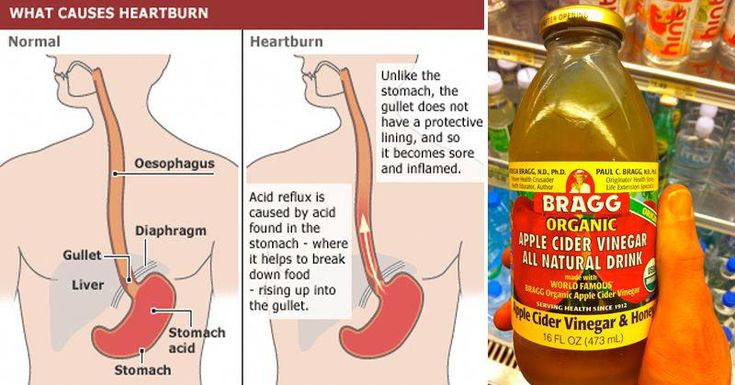
Think about it: if certain foods give you acid reflux, why wouldn’t your baby be susceptible to the same kind of reaction by consuming that food composition through your breast milk?
Holistic nutrition involves eliminating refined and processed foods, which are known to cause acid reflux.
By not consuming these foods or strictly limiting the consumption, you are stopping the problem at the source instead of simply treating symptoms.
However, healthy and whole foods can also be culprits of acid reflux attacks.
If your breastfeeding child is experiencing acid reflux and you are unable to pinpoint what food is causing it, using the elimination diet can help uncover which foods are resulting in episodes of acid reflux in your child.
Start Treating Your Baby’s Acid Reflux With Holistic Nutrition Today
Holistic nutrition goes beyond simply what foods to avoid for acid reflux while breastfeeding.
Not only does holistic nutrition help avoid acid reflux episodes for you and your breastfeeding child, but it provides both of you with the best nutrition possible for optimal health.
Learn more about how holistic nutrition can benefit you and your child today by scheduling a free consultation.
9 foods that cause gastroesophageal reflux in children!
From birth to one year0
What to do when the baby "burps"!
What is the phenomenon of gastroesophageal reflux in a newborn?
The process of digestion begins when food moves from the mouth down the esophagus to the stomach. Here the stomach digests food and it moves to the intestines for further assimilation. Reflux occurs when food moves against the above path. If a child has reflux from the stomach into the esophagus, it is called acid reflux, and from the intestines to the stomach is called base reflux. nine0003
In infants, gastroesophageal reflux during breastfeeding is caused by three factors:
An open esophageal sphincter causes gastroesophageal reflux.
The stomach is not ready for normal functioning. The gastric region is the junction of the esophagus, the stomach has a special strip of smooth muscle that creates a collapsing pressure that prevents food from refluxing into the esophagus. However, this part of the infant's digestive tract is still underdeveloped, so milk and stomach acid can be refluxed. In addition, the digestive system of a child at an early age is sensitive to the limited absorption of lactase, enterokinase and pepsin in breast milk. nine0003
The stomach in children is horizontal, higher than in adults. Gradually, the stomach will change its position to a vertical position, which will prevent reflux. In infancy, the angle between the esophagus and the thick process is an obtuse angle, so when overfeeding, twisting, the flow of milk counteracts the muscle that has not yet developed, and the child "burps".
Mother's eating habits. In the first 6 months, newborns do not need additional nutrition, because breast milk contains enough essential nutrients such as vitamins, lipids, glucides, protide, proteins and trace elements. The quality of breast milk depends on the daily food source, which means that the baby will absorb these substances indirectly, which can lead to food reactions and gastroesophageal reflux in newborns. nine0003
The quality of breast milk depends on the daily food source, which means that the baby will absorb these substances indirectly, which can lead to food reactions and gastroesophageal reflux in newborns. nine0003
Foods that cause gastroesophageal reflux when babies are breastfed
- Citrus fruits, which are high in vitamin C, can irritate a baby's digestive system, resulting in acid overflow during lactation. Mother can replace them with papaya, mango.
- Alcohol and tobacco irritate the digestive system, causing an acid reflex during breastfeeding.
- Broccoli, cabbage contain sulfur compounds that create gases. nine0038
- Carbonated drinks contain 30-56 mg of caffeine per 330 ml. In addition, these drinks are often cold, which can reduce milk production and cause eating disorders in children.
- Coffee. Most nutritionists recommend that women who are breastfeeding consume less than 200 mg of instant coffee per day (a small cup of 20 mg of caffeine).
 Because part of the caffeine in coffee will mix with the blood and enter the mammary gland if the mother drinks a lot of coffee and constantly. You can replace coffee with juice, fresh milk, mineral water, herbal tea (except green tea). nine0038
Because part of the caffeine in coffee will mix with the blood and enter the mammary gland if the mother drinks a lot of coffee and constantly. You can replace coffee with juice, fresh milk, mineral water, herbal tea (except green tea). nine0038 - Pepper, chili pepper, and spicy spices are common causes of gastroesophageal reflux in newborns. This type of food causes breast milk to become hot and foul-smelling, which causes constipation, irritability, and indigestion in babies.
- Bottled juice contains preservatives, sugar, which irritate the immature digestive system in children.
- Fried and fatty foods, high in calories but less nutritious, not only affect the quality of milk, but also prevent women from regaining shape. nine0038
GASTROESOPHAGEAL REFLUX: FROM NORM TO PATHOLOGY
If your child often suffers from acute respiratory diseases, it may be time for you, do not be surprised, to contact a gastroenterologist. Today we will talk about gastroesophageal reflux (GER) with Ph.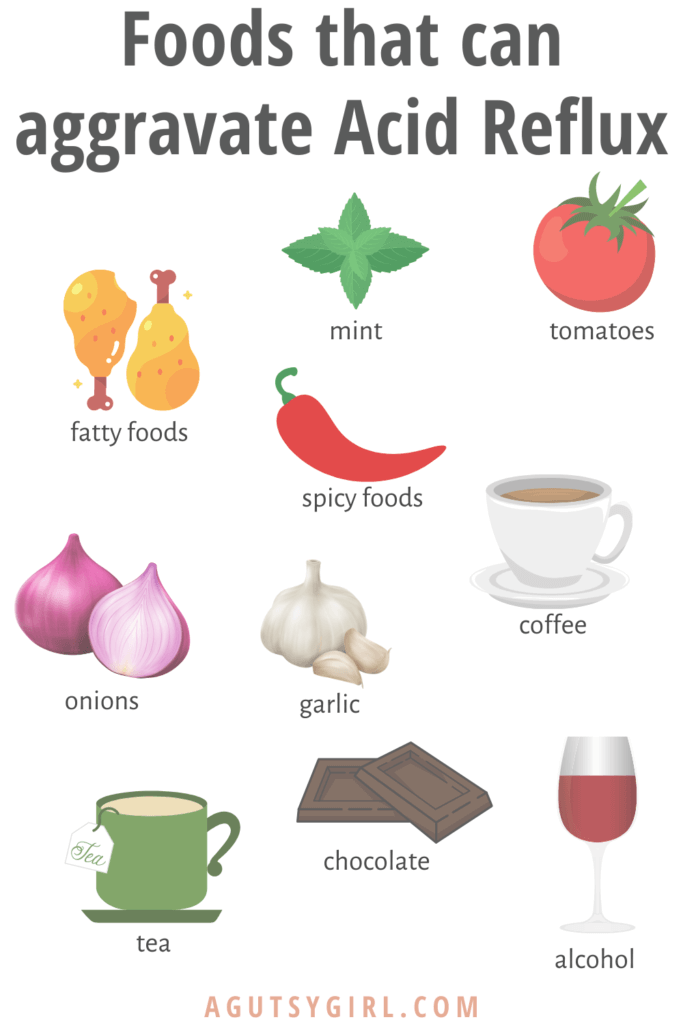 D., head of the pediatric department of the Consultative and Diagnostic Center of the Children's Hospital No. G.N. Speransky Elena Vladislavovna Vigurzhinskaya, who will tell you why it is impossible to give yogurt to a child at night, which children with GERD also need the treatment of a neurologist. nine0058
D., head of the pediatric department of the Consultative and Diagnostic Center of the Children's Hospital No. G.N. Speransky Elena Vladislavovna Vigurzhinskaya, who will tell you why it is impossible to give yogurt to a child at night, which children with GERD also need the treatment of a neurologist. nine0058
Gastroesophageal reflux, or GER, is the backflow of contents from the stomach into the esophagus. Curious fact: Symptoms of reflux in children under 7 years of age are associated with structural features of the upper gastrointestinal tract and the immaturity of the sphincter apparatus of the digestive system. Please note: Reflux in children under one year old is a regurgitation syndrome. Spitting up to a tablespoon after each feeding is a variant of the norm. If the baby spits up in a larger volume, sometimes not immediately after feeding, and at the same time begins to gain weight poorly, then in this case a correction is already required - there are therapeutic, anti-reflux mixtures for this (if the child is artificially fed). nine0057 Important: During the first months of a breastfed child's life, the mother must follow a strict hypoallergenic diet with a restriction of dairy, sweet foods and foods that increase gas formation: legumes, yeast bread, pastry, grapes, mushrooms, etc. With increased gas formation, reflux in babies it intensifies and frequent regurgitation occurs.
nine0057 Important: During the first months of a breastfed child's life, the mother must follow a strict hypoallergenic diet with a restriction of dairy, sweet foods and foods that increase gas formation: legumes, yeast bread, pastry, grapes, mushrooms, etc. With increased gas formation, reflux in babies it intensifies and frequent regurgitation occurs.
- In some children, over time, reflux becomes pathological and triggers a cascade of many other problems, including the child suffering from frequent, viral infections, ENT diseases - explains Elena Vladislavovna Vigurzhinskaya . - This happens because when gastric contents (gastric secretion or food bolus) are thrown into the esophagus and, possibly, into the oropharynx, the pH changes, the flora of the oral cavity is disturbed and local immunity decreases, and the child falls into the so-called group "often ill children". In older children, GER clinically manifests itself in the form of heartburn, belching (air and food) Parents may also experience bad breath
Important: Plaque on the teeth, geographical tongue, bad breath, frequent ENT pathologies, croup and obstructive bronchitis are a serious reason to seek advice from a gastroenterologist!
Interesting fact: In impulsive and emotional children, GER may be more pronounced.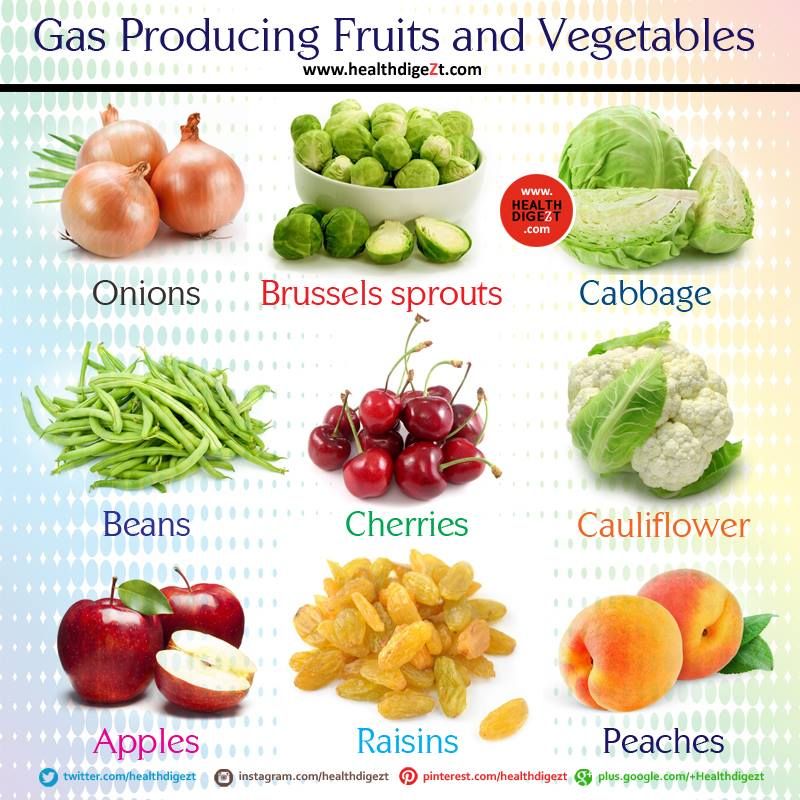 In this case, the child will fall into the hands of not only a gastroenterologist, but also a neurologist.
In this case, the child will fall into the hands of not only a gastroenterologist, but also a neurologist.
Factors contributing to the development of GER : anatomical features of the structure of the upper gastrointestinal tract in young children, morpho-functional immaturity of the sphincter apparatus, hereditary predisposition, stressful situations, large physical and psychological stress, violation of the daily routine, malnutrition. nine0003
– If you undergo treatment, adjust your diet and adjust your daily routine, then you can get rid of GER, says the head of the pediatric department. - Do not give your child sour foods at night. Previously, kefir was advised to children at bedtime, but this dairy product acidifies the stomach and acts aggressively. With reflux, we do not recommend acidic foods (and especially before bedtime) - yogurt, kefir, as well as juices, sour berries and fruits. You can drink fermented baked milk or eat neutral yogurt in the afternoon.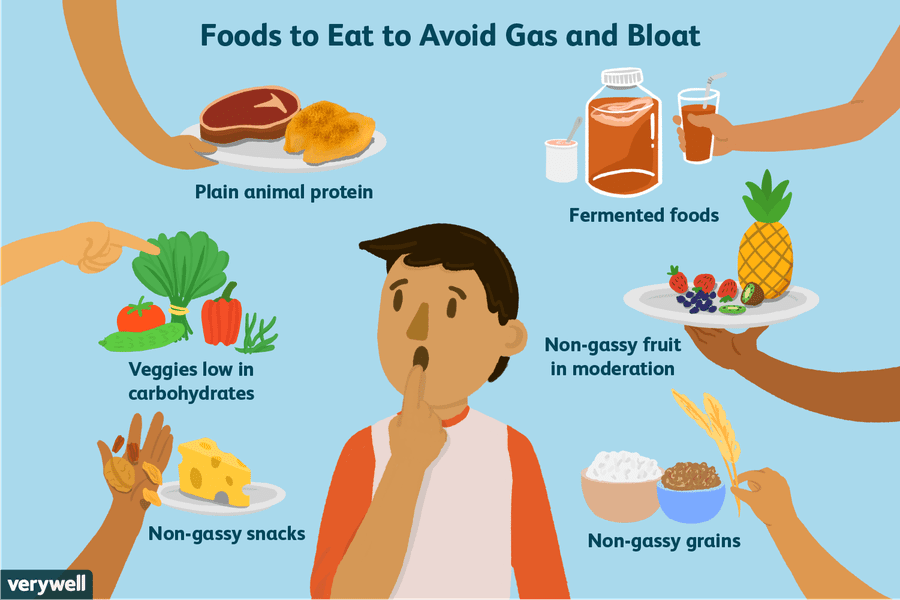 But in general, I recommend limiting acidic foods, including dairy products. nine0003
But in general, I recommend limiting acidic foods, including dairy products. nine0003
How is GER diagnosed? The specialist decides on an individual basis which test to order. First of all, taking an anamnesis: the doctor asks the parents about the child's complaints. Then, an ultrasound examination of the abdominal cavity is prescribed (strictly on an empty stomach, do not brush your teeth) with a water-siphon test. Fibrogastroduodenoscopy and a chest x-ray with barium may be prescribed.
Treatment of GER: Gastroenterologists prescribe prokinetics, antacids, proton pump inhibitors (drugs that reduce the production of hydrochloric acid by stomach cells)
. Important: Gastroesophageal reflux can be a symptom of Helicobacter pylori infection. Therefore, first of all, it is necessary to identify and remove the bacterium. Another possible cause of reflux is a gastrointestinal form of food allergy. Keeping a food diary will help parents understand what kind of “inedible” product the child’s stomach is trying to get rid of.